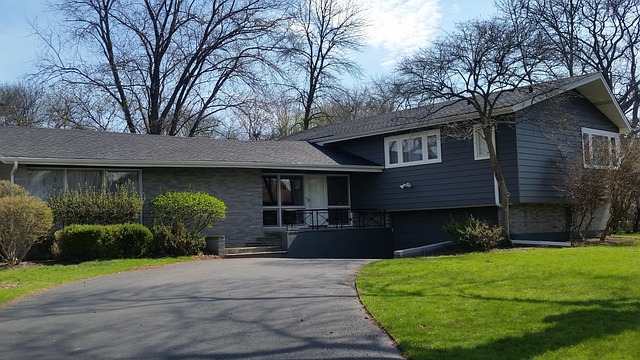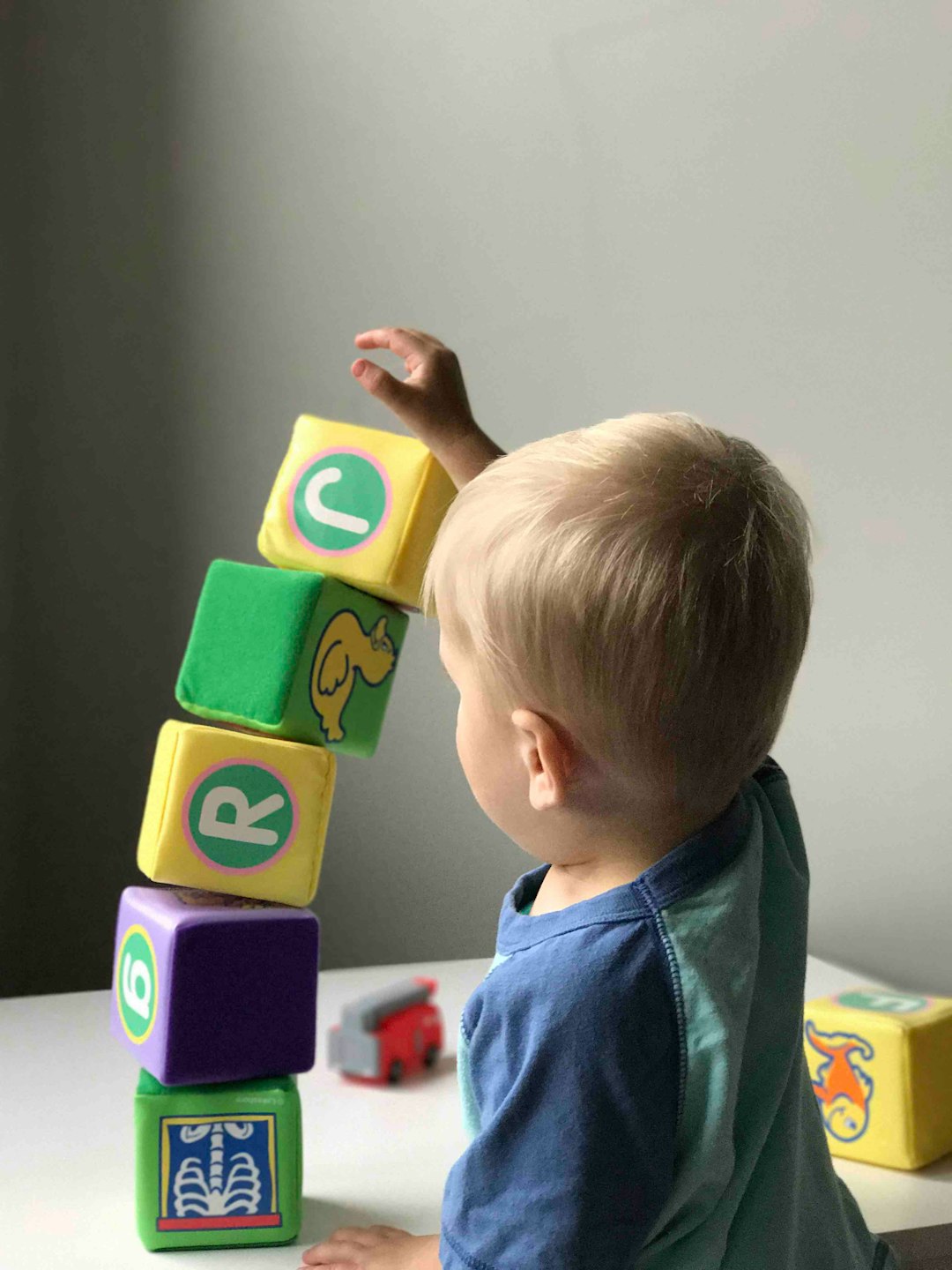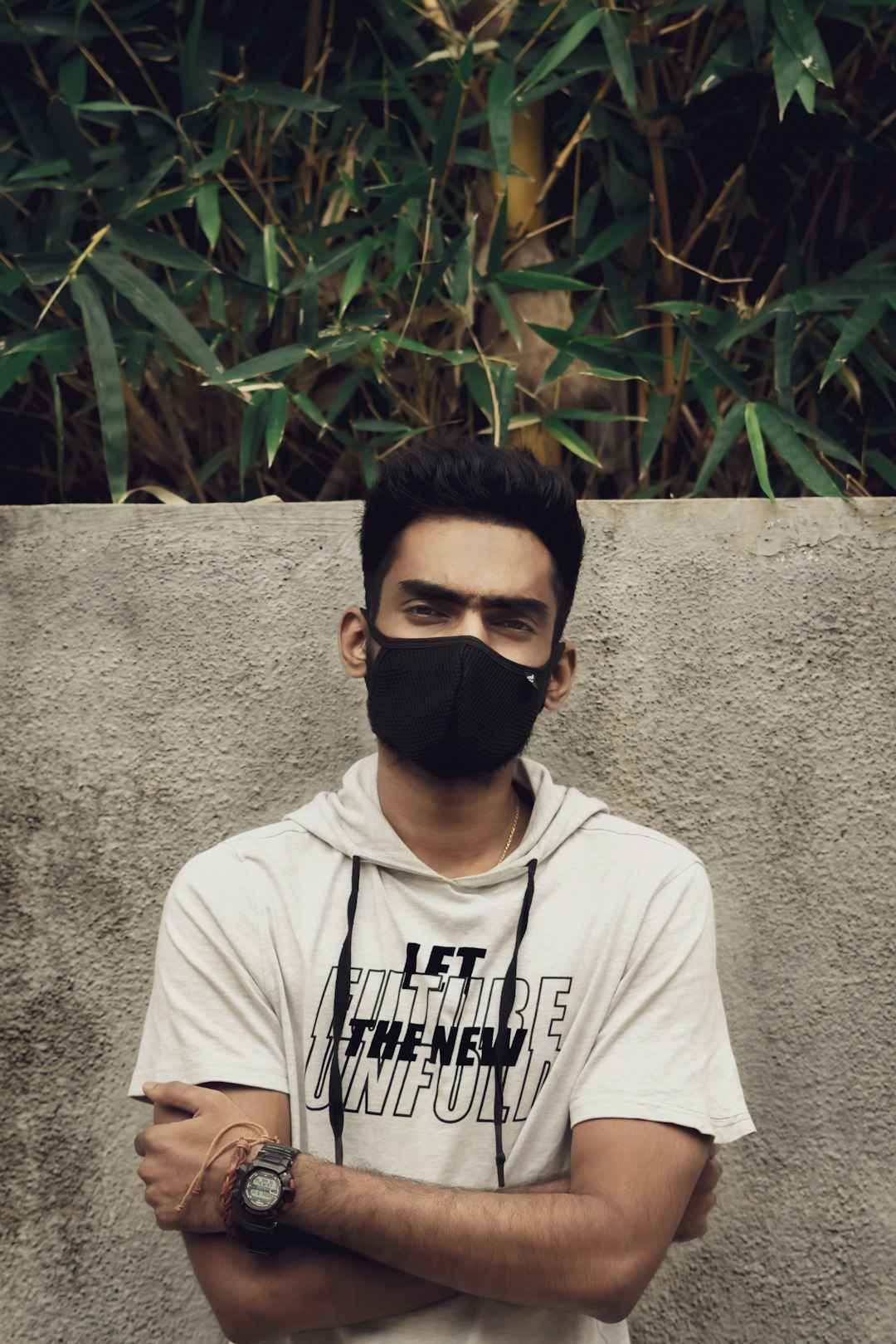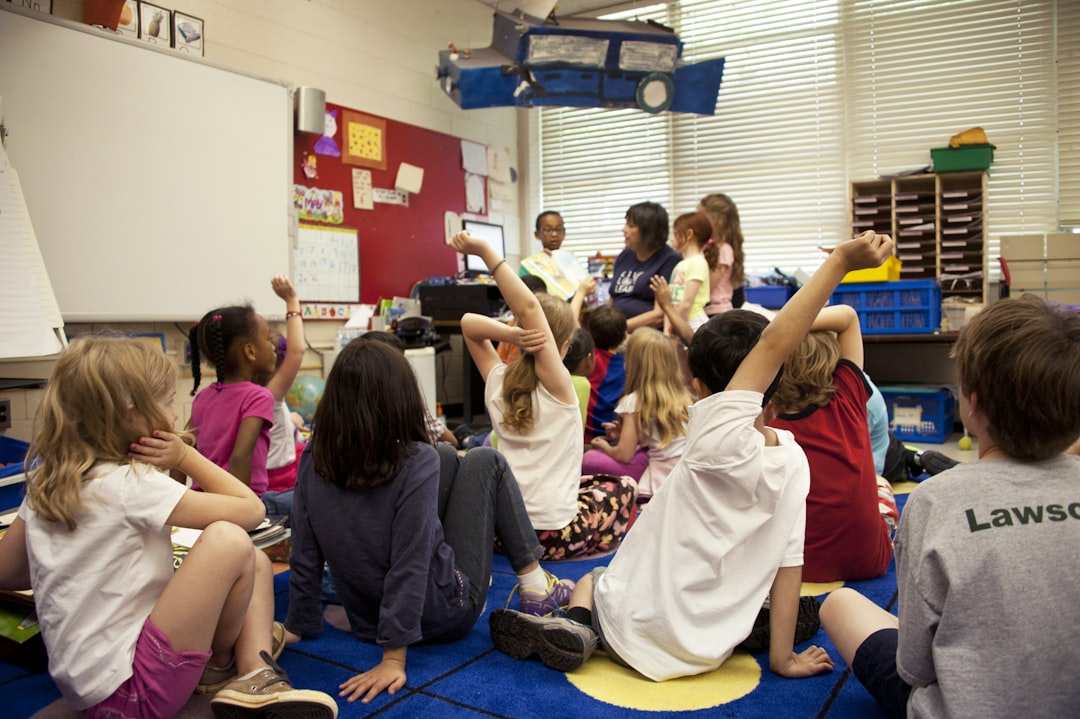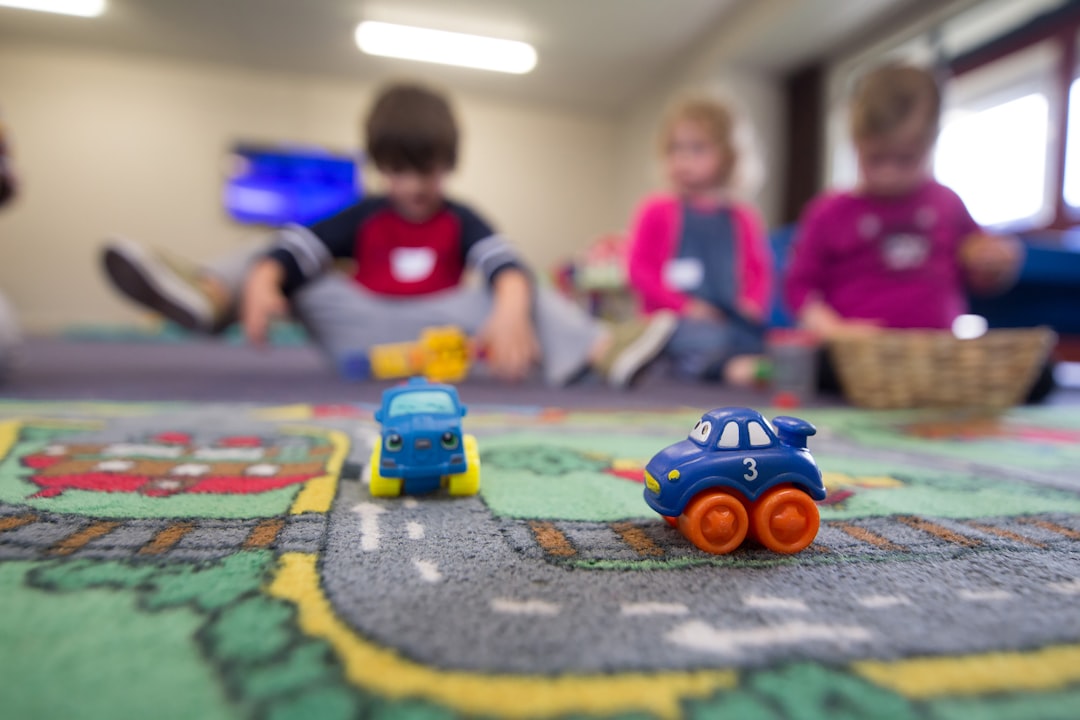In Illinois, especially Chicago, safeguarding children in daycares is a serious matter with stringent laws enforced by DCFS. These cover staff-to-child ratios, caregiver training, health standards, and protocols for addressing abuse or neglect. Daycare abuse, including physical, emotional, or sexual, is a concern parents should be vigilant about. Legal guidance from a specialized daycare abuse lawyer in Chicago is crucial for ensuring justice and protection for affected children, as well as enforcing childcare providers' responsibilities.
“In Chicago, understanding daycare abuse laws is paramount for ensuring the safety of our youngest residents. This comprehensive guide navigates Illinois’ legal landscape regarding daycare abuse, offering insights into recognition, reporting, and recourse. From defining abuse to delineating responsibilities, we explore who’s protected, jurisdiction, and the crucial role of the DCFS. Learn about civil lawsuits, criminal penalties, and steps to take if you suspect harm. Empower yourself with knowledge—a key tool in protecting our city’s future.”
Daycare Abuse Laws in Illinois: An Overview
In Illinois, including Chicago, protecting children in daycare settings is paramount, and strict laws are in place to prevent and address any form of abuse or neglect. The state has comprehensive regulations that govern childcare facilities, ensuring a safe environment for kids. If you’re a resident of Chicago or the surrounding areas and suspect daycare abuse, it’s crucial to understand these laws. A daycare abuse lawyer in Chicago IL can guide you through this complex legal landscape.
The Illinois Department of Children and Family Services (DCFS) is responsible for licensing and regulating childcare centers, including daycares, preschools, and after-school programs. They have established guidelines to ensure the safety and well-being of children. These regulations cover various aspects, such as staff-to-child ratios, training requirements for caregivers, health and sanitation standards, and protocols for handling incidents of abuse or neglect. Any violation of these rules can lead to legal consequences for the daycare operators.
– Definition of daycare abuse
Daycare abuse, a serious concern for parents and guardians in Chicago, IL, refers to any form of mistreatment, neglect, or harm inflicted upon children in licensed childcare settings. This can include physical, emotional, or sexual abuse, as well as inadequate supervision leading to potential hazards. Recognizing and understanding daycare abuse is the first step towards protecting our young ones.
Chicago residents should be aware that various laws and regulations are in place to ensure child safety in daycares. A daycare abuse lawyer Chicago IL can provide valuable insights and guidance for parents who suspect any form of maltreatment. These laws outline the responsibilities of childcare providers, including maintaining a safe environment, adhering to specific care standards, and reporting any suspected abuse or neglect to the appropriate authorities.
– Who is protected by these laws?
In Illinois, including Chicago, several laws are in place to protect children from abuse and neglect within daycare centers and child-care facilities. These laws extend legal protections to all children under a certain age, typically infants and toddlers, who are entrusted to the care of licensed daycares, preschools, or child-care providers. Daycare abuse lawyer Chicago IL can confirm that the primary goal is to ensure the safety and well-being of young kids in their early years, when they are most vulnerable.
The Illinois Department of Children and Family Services (DCFS) oversees the enforcement of these regulations, conducting inspections and investigations to safeguard children from potential harm. Daycare centers must adhere to strict standards regarding staff-to-child ratios, supervision practices, and reporting requirements. Any form of physical, emotional, or sexual abuse, as well as neglect, is strictly prohibited, and violators can face severe legal consequences, including civil lawsuits and criminal charges.
